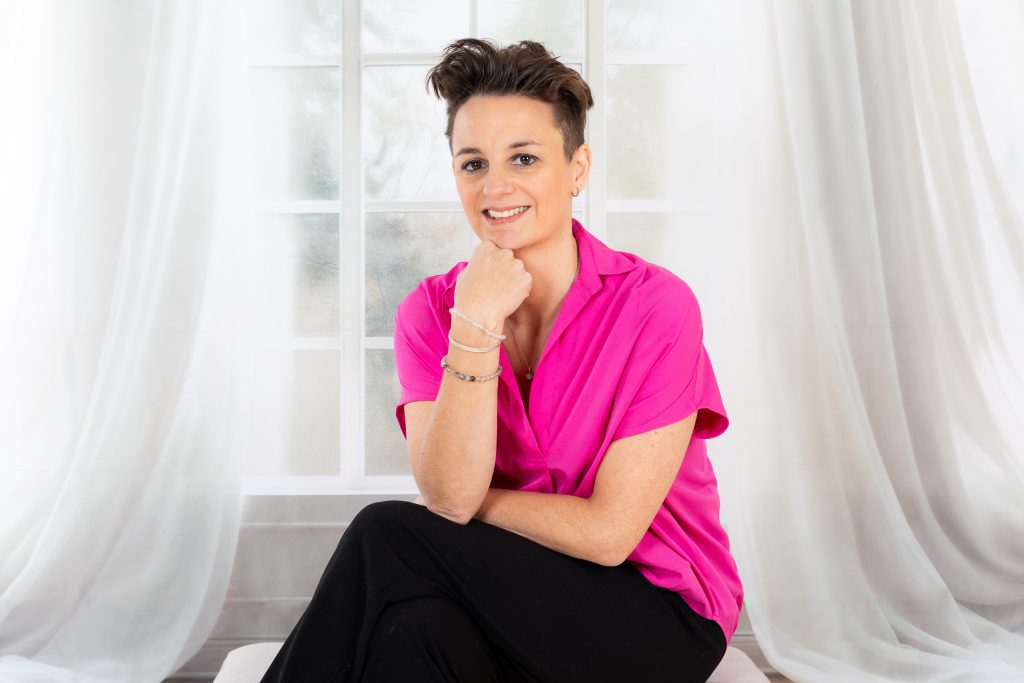The spectrum auction addresses key trends. For example, mobile data is on the rise, driven by our use of smartphones and pension for”hoarding more than one device. In fact, government research claims mobiles will outnumber mankind seven to one in 2020.
Between now and 2022, Ericsson alleged, smartphone traffic will increase ten fold. And Cisco reported that with 5.5bn people “tapping away on those tiny screens, global traffic will reach£587 exabytes annually; 122 times more than all the global traffic generated a decade beforehand.
Such expectations?place growing?pressure on mobile network bosses to increase the capacity of their network. In?reality though it’s not an easy feat to achieve.
Detailed in a Lexology article by Herbert Smith Freehills” Aaron White, David Couling and Claire Wiseman, it was explained: “There are several ways for mobile network operators?to increase network capacity, including by deploying additional radio spectrum. But radio spectrum is a scarce and finite resource, so the way in which it is allocated has important implications for users of mobile communications services and the UK economy.
Taking the message on board, Ofcom is looking to hold a spectrum auction for the 2.3 GHz and 3.4 GHz bands the latter to be used for 5G services which it says will ?reflect recent market developments and safeguard competition”.
To make it clear that no one company will hold dominion over the spectrum auction, it has?set out a list of terms and conditions, noting its?limit on”how much can be won in the 2.3GHz band.
“Our principal statutory duties under the 2003 Communications Act are to further the interests of citizens in relation to communications matters and to further the interests of consumers in relevant markets, where appropriate by promoting competition,” Ofcom said. “In doing so, we have a duty to secure the optimal use of spectrum.
“In light of concerns that the spectrum auction could give rise to a very asymmetric distribution of spectrum, we have decided to apply two separate caps on the amount a single operator may hold: A cap of 255 MHz on the amount of mobile spectrum that is immediately useable after the auction, and a cap of 340 MHz per operator on mobile spectrum overall. This overall cap represents 37?per cent of all the mobile spectrum that we expect to be useable within similar timeframes to the 3.4 GHz band.
“These two caps will have the effect of preventing BT/EE from bidding for spectrum in the 2.3 GHz band. They will also restrict BT/EE to winning no more than 85 MHz in the 3.4 GHz band and restrict Vodafone to winning no more than 160 MHz across the 2.3 GHz and 3.4 GHz bands together.”
The question becomes whether the move is right for the current mobile space.
According to?Federation of Communication Services CEO Chris Paterman,?Ofcom has once again started from the self-fulfilling “four legs good, three legs bad” position which has characterised the UK mobile market for the last 20 years.
“Four mobile network operators control 100?per cent of the market,” Paterman explained. “Either directly or through emasculating MVNO agreements or dealer ?partnerships” which create the illusion of wholesale competition, but with none of the protections enjoyed by resellers in the fixed telephony space.
“The effect is to stifle consumer and business choice with what amounts to a complex monopoly. Meanwhile, both government and the regulator colludes in claiming the market is ?working well for consumers?.
“But let us take comfort from the crumbs of this announcement. We are pleased to see Ofcom listened to the industry’s concerns about the risk of too much spectrum being owned by EE/BT. The decision to impose a spectrum cap on the 3.4GHz band as well as the more immediately usable 2.3GHz is especially welcome: it will help reduce the risk of sequestration and monopoly approaches as new equipment becomes available.
“FCS has always argued the mobile market is fundamentally broken. But the way to fix it is by encouraging real wholesale competition, not by applying spectrum caps.”
?
https://www.surveymonkey.co.uk/r/6G73ZGQ













































































































































